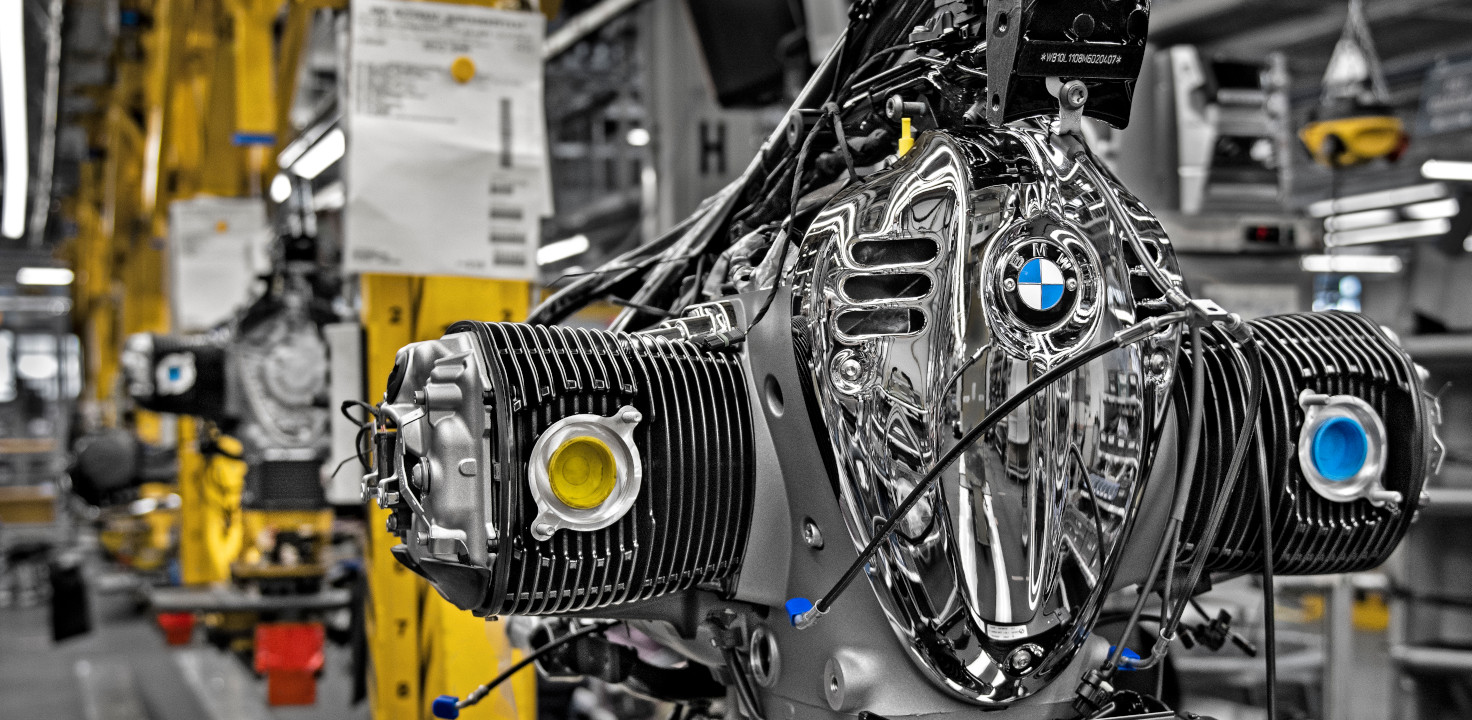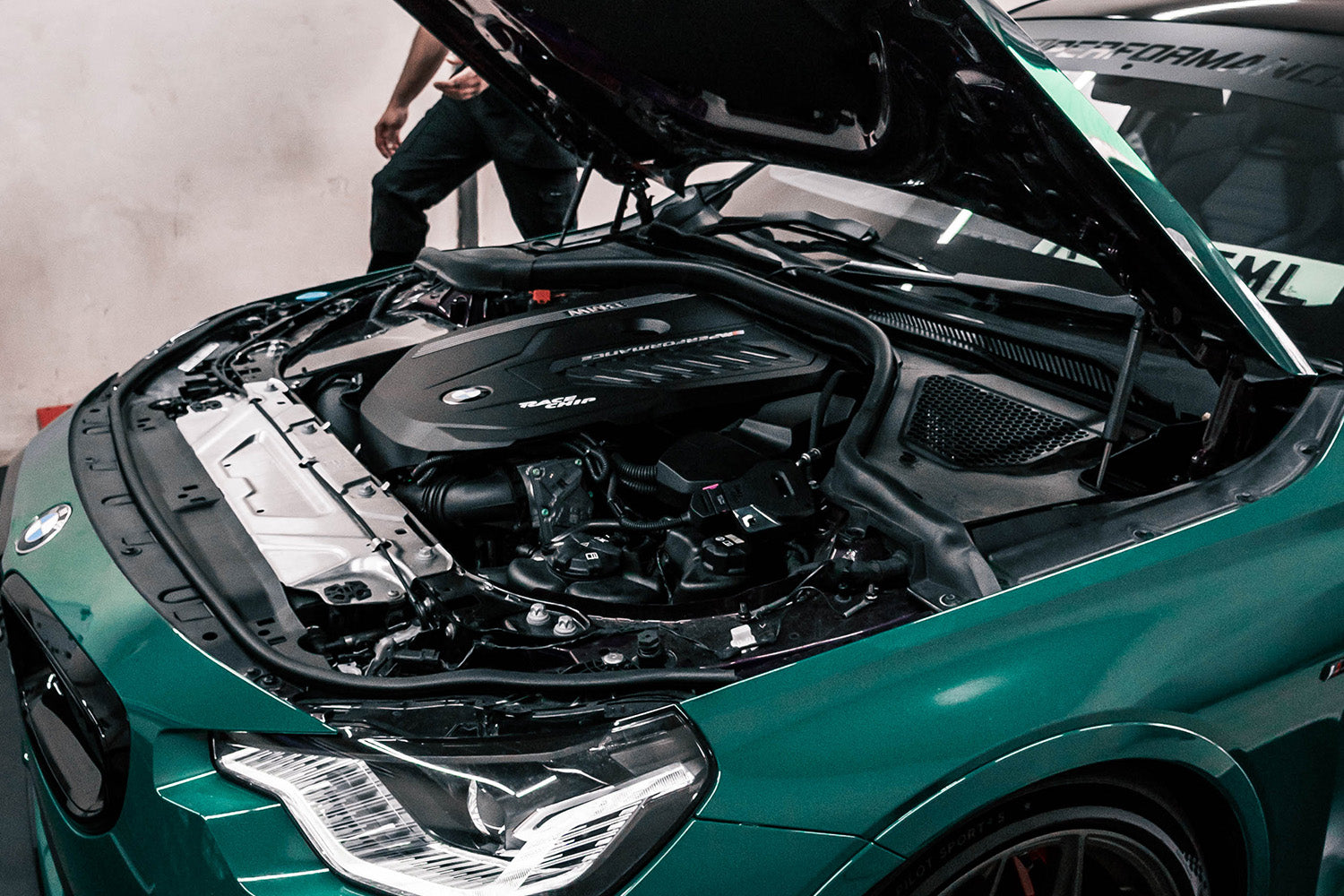Top 5 BMW Engine Technologies Revolutionizing the Automotive Industry
Top 5 BMW Engine Technologies Revolutionizing the Automotive Industry
Blog Article
Revealing the Intricacies of Next-Generation Power Units: a Deep Dive Into Advanced Engine Styles and Technologies
As we stand on the precipice of a brand-new age in transportation, the ins and outs of next-generation engine styles beckon us to explore the sophisticated innovations and developments that promise to redefine the driving experience. Digging deeper into the realms of emission control, smart engine administration systems, and the perspective of power device advancement, we find ourselves on the cusp of an improvement that assures to improve the landscape of mobility as we know it.
Development of Engine Products

The shift in the direction of advanced engine materials has actually additionally allowed designers to design engines with greater power outcomes while maintaining gas efficiency standards. As an example, making use of lightweight products minimizes the general weight of the engine, bring about improved gas economic situation and reduced discharges. In addition, developments in products innovation have enabled for far better thermal management within engines, causing increased dependability and longevity.
Turbocharging and Supercharging Technologies
Exactly How do Turbocharging and Supercharging Technologies revolutionize engine efficiency and efficiency in modern-day cars? Supercharging and turbocharging are innovations that substantially improve engine performance by boosting the amount of air intake into the burning chamber. Turbocharging achieves this by utilizing a turbine driven by exhaust gases to pressurize the consumption air, while supercharging makes use of a belt- or chain-driven compressor to achieve the exact same impact.
These technologies enable smaller sized, much more fuel-efficient engines to generate power comparable to bigger ones, understood as downsizing. By compeling even more air right into the cylinders, turbocharging and supercharging improve combustion effectiveness, resulting in increased horsepower and torque output without a significant boost in engine size. This brings about better velocity, lugging capacity, and overall driving efficiency.
Moreover, turbocharging and turbo charging add to boosted gas efficiency by permitting the use of smaller sized engines that consume less gas under regular driving problems - bmw engine. This mix of enhanced efficiency and efficiency has actually made turbocharging and supercharging essential parts of numerous modern engine styles
Emission Control and Environmental Impact
With enhancing worldwide concerns concerning air top quality and environmental sustainability, the application of exhaust control modern technologies in cars plays a crucial role in reducing unsafe toxins launched right into the ambience. Modern lorries are geared up with innovative exhaust control systems that assist minimize the environmental effect of vehicle operations. Catalytic converters, as an example, are created to transform poisonous gases such as carbon monoxide gas, nitrogen oxides, and hydrocarbons into less harmful substances like co2 and water vapor.
In addition, advancements in engine innovation, such as the combination of exhaust gas recirculation systems and selective catalytic reduction, have actually significantly added to lowering emissions. These modern technologies function in tandem to enhance combustion efficiency and minimize the launch of harmful pollutants into the air. Furthermore, the growth of crossbreed and electrical cars represents a vital action in the direction of minimizing the total ecological impact of the transportation field.
Intelligent Engine Administration Solution

In addition, these systems enable lorries to meet rigorous emissions standards without endangering efficiency, offering a much more eco pleasant driving experience. The integration of synthetic intelligence and equipment discovering capabilities in engine monitoring systems continues to push the limits of what is possible, bring about more improvements in efficiency, dependability, and total car efficiency. bmw engine. As vehicle modern more information technology advances, intelligent engine management systems will play an essential function in shaping the future of transport towards a more reliable and sustainable instructions
Future Trends in Power Unit Advancement
As smart engine monitoring systems pave the way for enhanced control and optimization in modern vehicles, future trends in power system growth are positioned to redefine the landscape of vehicle propulsion innovations. These alternative power resources provide enhanced efficiency and efficiency while aligning with rigorous environmental guidelines.
One more considerable trend is the integration of innovative materials and producing methods. Light-weight materials such as carbon fiber and aluminum are being utilized to decrease overall vehicle weight, improving fuel efficiency and efficiency. In addition, innovations in 3D printing and additive production are making it possible for the manufacturing of complicated engine parts with greater accuracy and sturdiness.
Additionally, artificial intelligence and maker understanding are playing an essential role in optimizing power unit efficiency. These technologies permit real-time tracking and adaptive control, causing much more trusted and reliable power shipment. On the whole, future trends in power device advancement are tailored in the visit site direction of sustainability, efficiency, and effectiveness, driving the automotive industry in the direction of a new era of propulsion modern technologies.

Conclusion
In final thought, the innovations in engine products, turbocharging, emission control, and smart monitoring look at here systems have led the way for next-generation power devices. The intricate designs and technologies in contemporary engines showcase the continuous advancement of automobile innovation.
Checking out the progressive advancements in engine materials has been essential in improving the efficiency and performance of modern-day engines. Over the years, the advancement of engine materials has actually played a crucial function in pressing the limits of what engines can achieve.The change in the direction of progressed engine materials has actually also allowed designers to develop engines with greater power results while preserving gas effectiveness standards.The implementation of intelligent engine administration systems in modern-day cars has revolutionized the method engines are managed and optimized for efficiency and effectiveness. By accumulating information in real-time and evaluating it with sophisticated formulas, intelligent engine management systems can adapt to driving styles, environmental factors, and engine health to maximize power outcome while lessening fuel intake and discharges.
Report this page